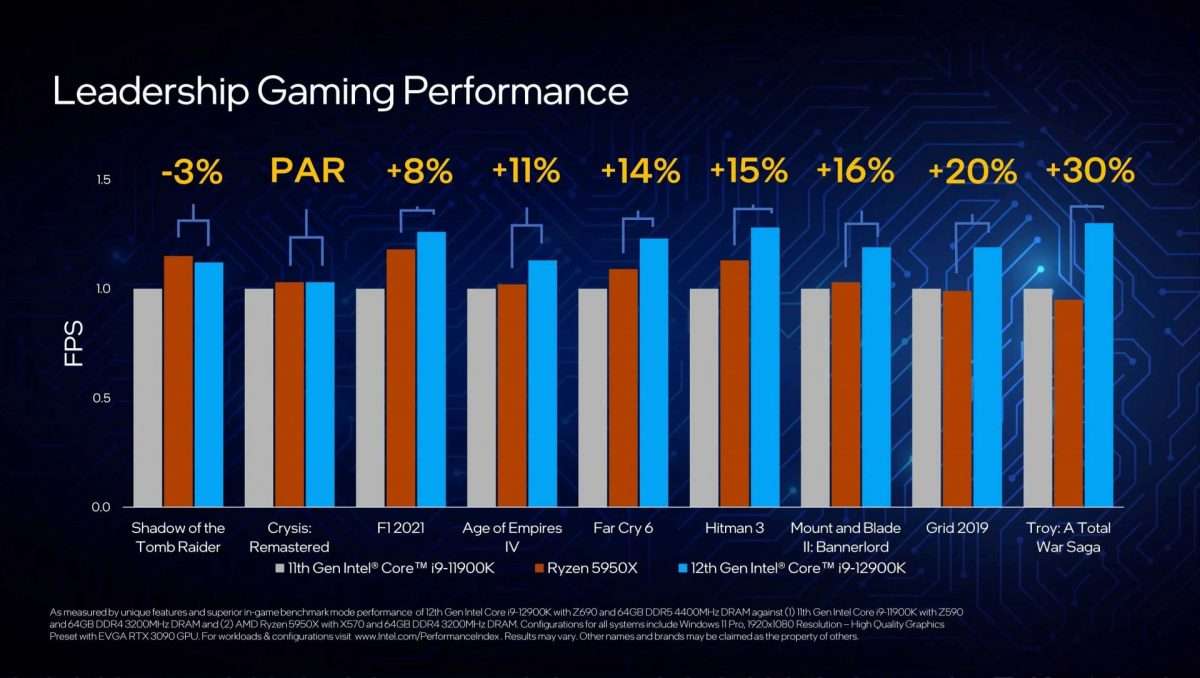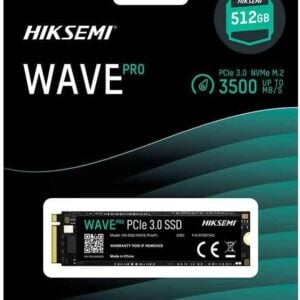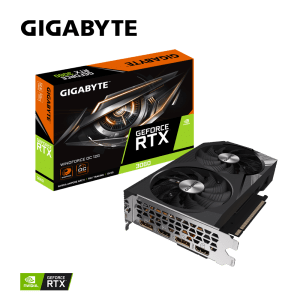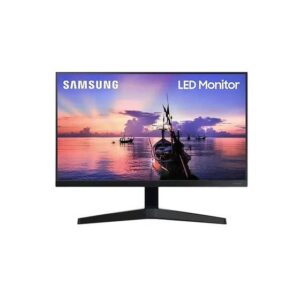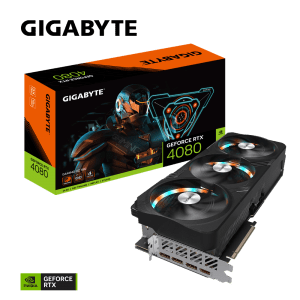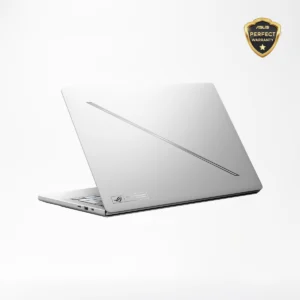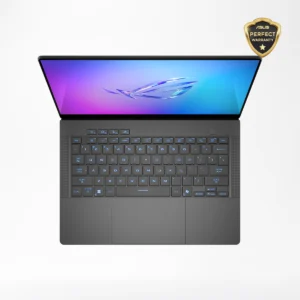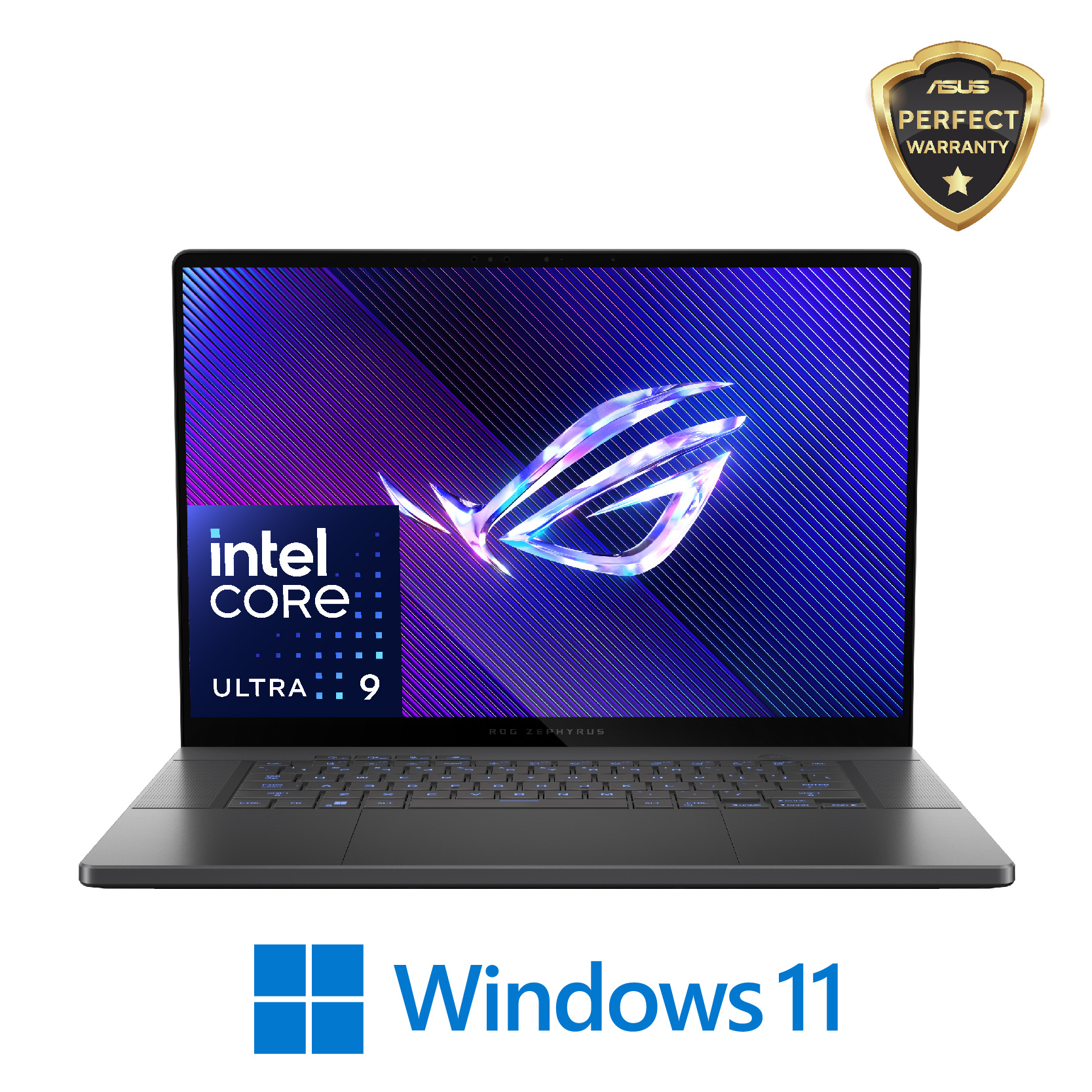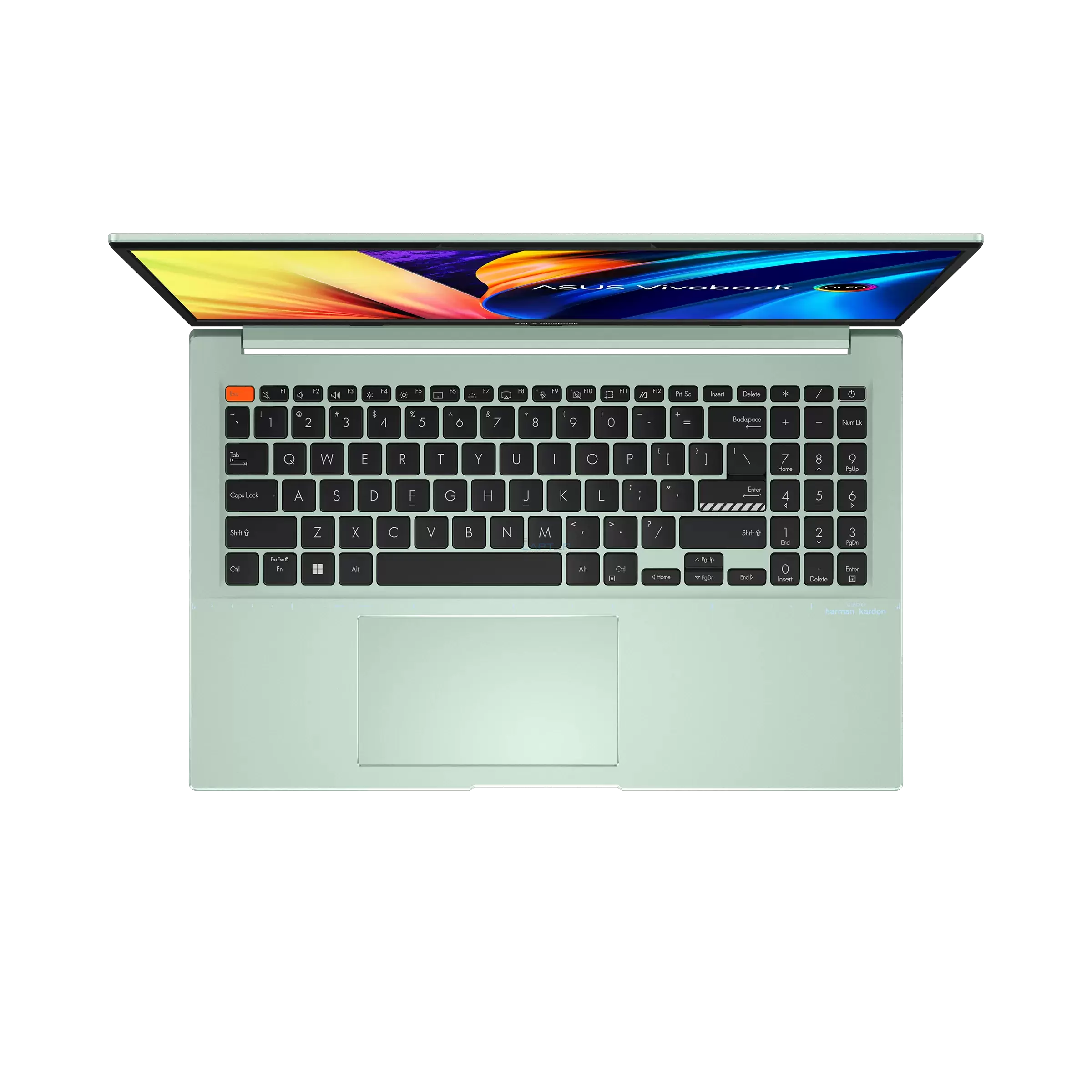
Intel 11th-gen vs 12th-gen CPUs in the Framework laptop and deskop
Intel’s 12th Generation of CPUs by the name of “Alder Lake” has taken the PC gaming market by storm. These Alder Lake chips are becoming the primary choices of consumers that want to build a new gaming PC, or upgrade their old machine, beating out both AMD chips and older Intel CPUs available at similar prices. Today, we will be comparing Intel’s 12th Generation vs 11th Generation to see how much of a performance leap Alder Lake provides over the previous Generation.
We will discuss their specifications, microarchitectures, I/O, pricing, and gaming and productivity benchmarks.
General Specifications:
Before we get into the details and benchmarks, let’s look at the basic difference when it comes to 12th Generation vs 11th Generation.
| 12th Generation | 11th Generation | |
| Socket | LGA 1700 | LGA 1200 |
| Codename | Alder Lake | Rocket Lake |
| Architecture | Cyprus Cove | HybridArchitecture |
| Max No. of Cores | Up to 8 Performanceand Efficiency Cores each | Up to 8 Cores |
| L1 Cache | 80 KB per P core,96 KB per E core | 80 KB per core |
| L2 Cache | 1.25 MB per P core2 MB per E core | 512 KB per core |
| L3 Cache | Up to 30 MB, shared | Up to 16 MB, shared |
| Integrated GPU | UHD 770,UHD 730 UHD 710 | UHD 750,UHD 730 |
| DMI Version | 4.0 (up to x8) | 3.0 (x8) |
| DMI Speed | 16 GT/s | 8 GT/s |
| PCI Express | 5.0 | 4.0 |
| Memory Support | DDR5, DDR4 | DDR4 |
| Thunderbolt | 4.0 Supported | 4.0 Supported |
| Max No. of SATA6 GBPs Ports | 8 | 6 |
| Max No. of Displays | 4 | 3 |
| Wi-Fi Support | Wi-Fi 6E | Wi-Fi 6/Wi-Fi 6E |
| Launch Date | 16th March, 2021 | 4th November,2021 |
Intel’s 12th Generation vs 11th Generation
As mentioned above, the most notable change in Intel’s 12th Generation is in the architecture, which involves the splitting of cores into P and E cores. It is also based on a more advanced 10nm manufacturing process known as Intel 7, while the 11th Generation processors are based on a 14nm process. Moreover, there’s support for DDR5 memory, PCIe 5.0, and Wi-Fi 6E. Let’s discuss these changes.
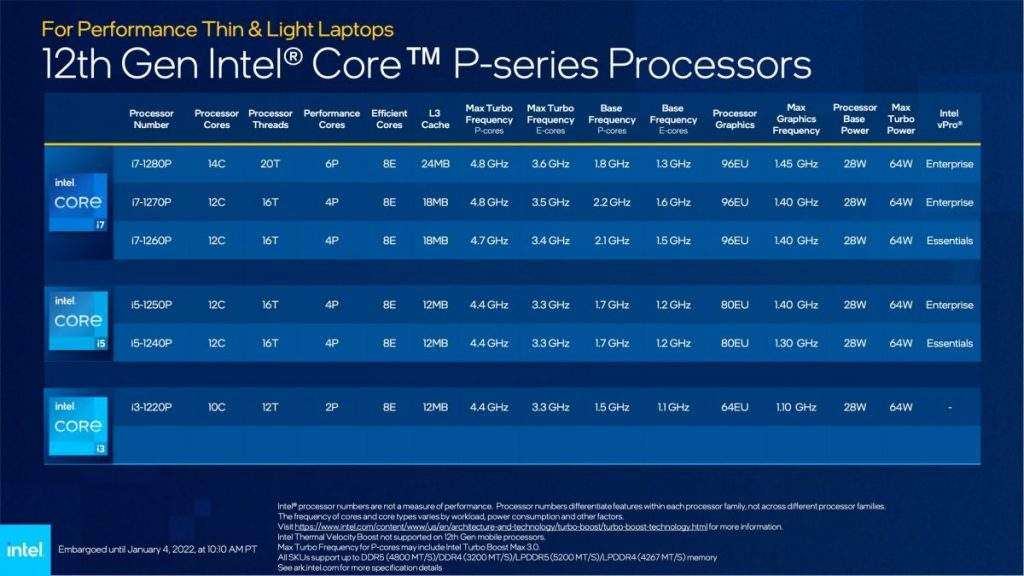
Intel Rocket Lake
Rocket Lake is the codename of Intel’s 11th Generation CPU lineup, launched in March, 2021. Unlike Alder Lake, Rocket Lake did not provide any major leaps in performance despite being based on the New Cypress Cove microarchitecture.
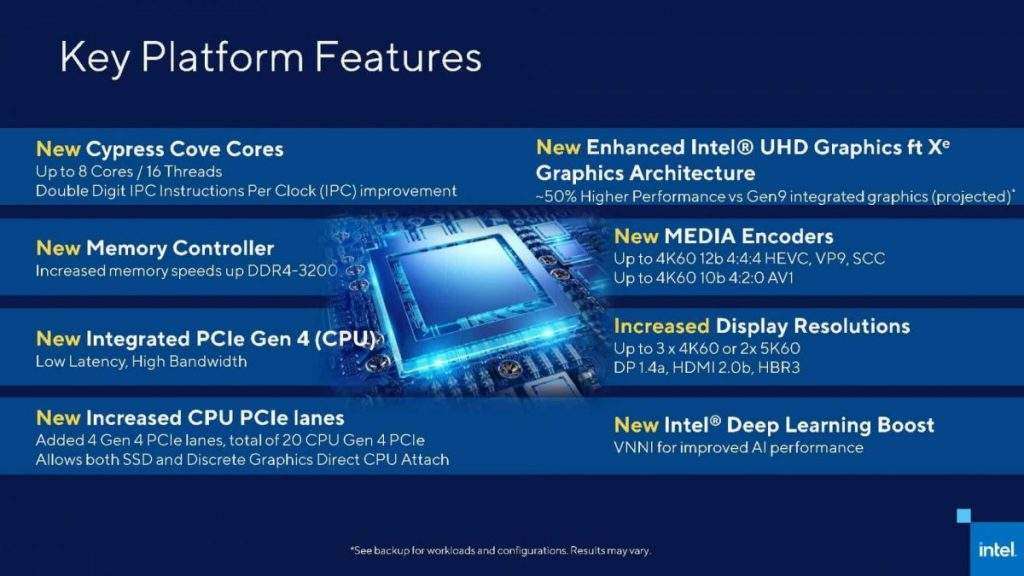
Cypress Cove
Cypress Cove is actually just a variant of Intel’s mobile microarchitecture known as Sunny Cove. Sunny Cove, however, is based on a 10nm manufacturing process. Cypress Cove has been backported on the same 14nm manufacturing process that was used in previous Skylake generations. Intel had nothing to advertise in terms of pure performance other than “IPC Improvement.” This was correctly advertised, as Rocket Lake comfortably beats out previous-gen Comet Lake CPUs in performance. The problem is that, they could not compete with AMD’s Ryzen 5000 series.
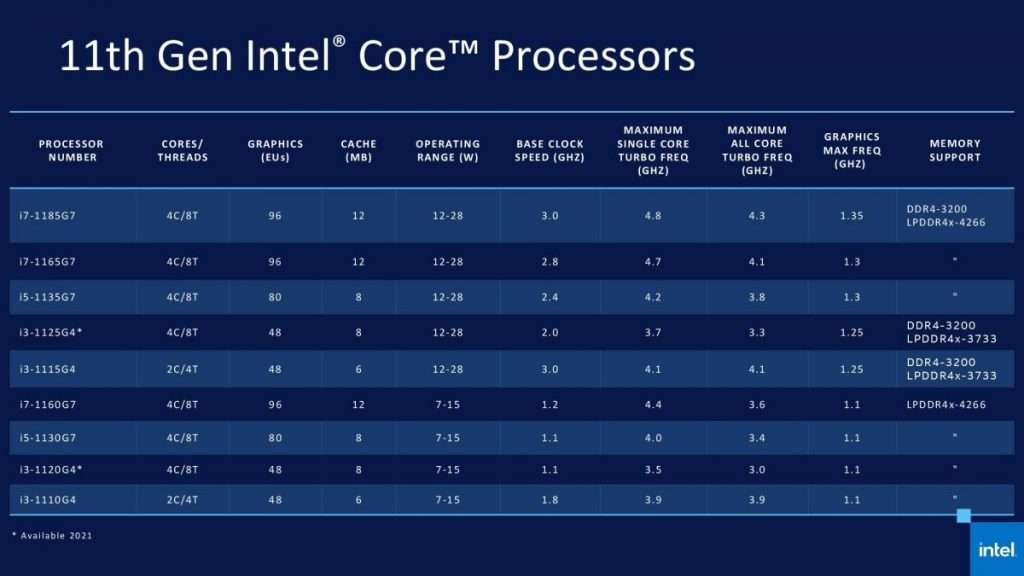
With a microarchitecture that was originally designated for a 10nm node, Intel had to reduce the number of maximum cores and was limited to up to 8 cores only. The 11900K features 8 cores and 16 threads, while 10900K features 10 cores and 20 threads.
Intel 500 Series Chipset
The Intel 500 series chipsets follow the same pattern as that of the 600 series, introducing us to four chipsets that support the 11th Generation CPUs, Z590, H570, B560, and H510. These motherboards will also support Intel’s 10th Generation (Comet Lake) chips since they’re based on the same socket LGA 1200.
This chipset brought about some noticeable improvements, such as support for USB 3.2 20Gbps, DMI 3.0 x8 with double the bandwidth (16 GT/s), as well as Wi-Fi 6E and Thunderbolt 4. Wi-Fi 6E and Thunderbolt 4 were far from the mainstream when this chipset was launched, and they’re even many 600 series motherboards on which you won’t find them. Another thing is that memory overclocking was extended to the cheaper H570 and B560 chipsets, whereas, memory overclocking was only supported on the “Z” chipsets before.
Gaming and Productivity
Now we’ll look at some gaming and productivity benchmarks and compare the two generations. We will test the i9-12900K, i7-12700K and i5-12600K, and compare them with their direct predecessors: the i9-11900K, i7-11700K, and the i5-11600K, respectively. But before that, a quick overview of how these CPUs differ
12900K vs 11900K
| 12900K | 11900K | |
| Cores (Threads) | 8P, 8E (24) | 8 (16) |
| Base Frequency | 3.2 GHz for P core2.4 GHz for E core | 3.50 GHz |
| Turbo Frequency | 5.2 GHz for P core3.9 GHz for E core | 5.3 GHz |
| Total Cache | 30 MB | 16 MB |
| Base Power | 125W | 125W |
| Turbo Power | 241W | NotAdvertised |
| Price Today | $610 | 388$ |
12700K vs 11700K
| 12700K | 11700K | |
| Cores (Threads) | 8P, 4E (20) | 8 (16) |
| Base Frequency | 3.6 GHz for P core2.7 GHz for E core | 3.6 GHz |
| Turbo Frequency | 4.9 GHz for P core3.8 GHz for E core | 5.0 GHz |
| Total Cache | 25 MB | 16 MB |
| Base Power | 125W | 125W |
| Turbo Power | 190W | NotAdvertised |
| Price Today | $384 | $345 |
12600K vs 11600K
| 12600K | 11600K | |
| Cores (Threads) | 6P, 4E (16) | 6(12) |
| Base Frequency | 3.7 GHz for P core2.8 GHz for E core | 3.9 GHz |
| Turbo Frequency | 4.9 GHz for P core3.6 GHz | 4.9 GHz |
| Total Cache | 20 MB | 12 MB |
| Base Power | 125W | 125W |
| Turbo Power | 150W | NotAdvertised |
| Price Today | $279 | $215 |
All these tests are carried out with DDR4 memory, and AMD’s RX 6900XT. The OS is Windows 11.
